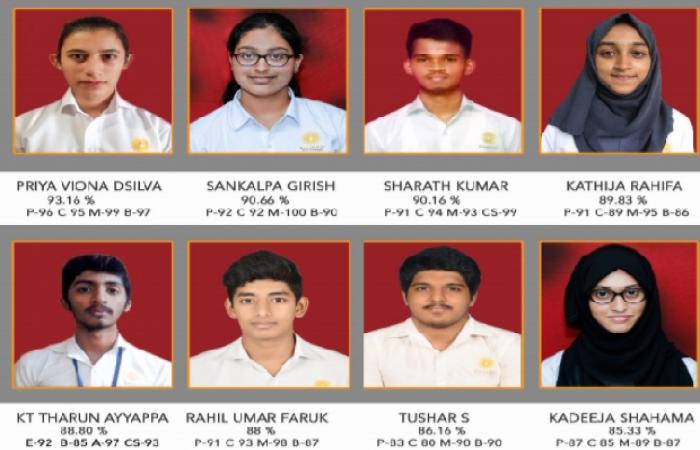Sep 2: It's been two years since India emerged as the world's fastest-growing major economy, but the rapid expansion has done little to improve the lot of Ashok Kumar.

Parked up and sitting on the kerb, the 25-year-old truck driver is going nowhere fast. He is the sole breadwinner for the 13 people in his extended family and his monthly salary is stuck at $150 (Rs 10,000).
With new, better-paid jobs hard to come by, Kumar lacks options. He fears becoming unemployed like his elder brother, who recently returned to their village in in Uttar Pradesh after months of searching in vain for work.
Data out on Wednesday showed India's economic growth slowed to 7.1 per cent in the quarter to June, a 15-month low. That is faster than other major economies, but not fast enough to create enough new jobs to absorb all the one million people who join the workforce every month.
A government survey found that job creation fell by more than two-thirds in 2015. Analysts at HDFC Bank estimate that for every percentage point the economy grows, employment now adds just 0.15 of a percentage point - down from 0.39 in 2000.
It's a major challenge for Prime Minister Narendra Modi, who has promised to create 25 crore jobs over the next decade.
"For one job, there are at least 20 candidates," said Kumar. "If you want the job, you can't afford to bargain."
Nearly two-thirds of India's 1.3 billion people are under 35 years old. This rising demographic "bulge" will create the largest working-age population in the world. At the same time China, which has long curbed family size, will age as a society.
Whether this so-called demographic dividend will translate into the kind of economic gains seen in Japan and Korea, or lead to upheavals, depends on India's ability to generate jobs.
Yet, despite average annual growth of 6.5 per cent between 1991 and 2013, India added less than half the jobs needed to absorb new job seekers.
MORE WORKERS, FEWER JOBS
Under PM Modi, India has opened up further to foreign investment, hoping to generate more manufacturing jobs. A loan scheme for small businesses has been set up and there are plans for a $1.5 billion (Rs 10,000 crore) fund for startups.
PM Modi has also launched a programme to train over 40 lakh people in different skills in six years.
Pronab Sen, country director for the International Growth Centre, a British-backed think tank, said such measures were "laudable", but they aimed at boosting supply when more demand was needed.
"India has become a demand-starved economy," Sen said. "If there is no demand, there will be no incentive to produce more which, in turn, will mean no new jobs."
The level of desperation for work is staggering. In August, nearly half a million people, including post-graduates, applied for 1,778 jobs as sweepers in the city of Kanpur.
This was not a one-off. Last year, in Uttar Pradesh, 2.3 million people sought 368 low-level government jobs that required a primary education and ability to ride a bicycle.
Competition for such jobs has become fiercer as the public sector's share in formal employment is declining.
Two years of drought has caused distress in farming, while the construction business has suffered a prolonged downturn - making work scarcer in the two sectors that employ the bulk of India's unskilled workforce.
Satellite cities around Delhi, like Greater Noida were, until recently, bustling with construction activity.
Now, Greater Noida's skyline is dotted with half-built, abandoned, high-rises. Cranes and diggers stand idle.
In Delhi and the surrounding National Capital Region, housing starts fell 41 per cent year-on-year in the first half of the year, according to consultancy Knight Frank. Across India, starts were down 9 per cent from a year earlier.
Bhuwan Mahato, a contractor who supplies workers to construction projects around Noida, says demand for labour is down by at least 25 per cent.
"I wish I hadn't joined this business," said Mahato, a 30-year-old migrant from the state of Bihar. "But, truthfully, there are no other opportunities, either." ($1 = 67 rupees)






Comments
Add new comment